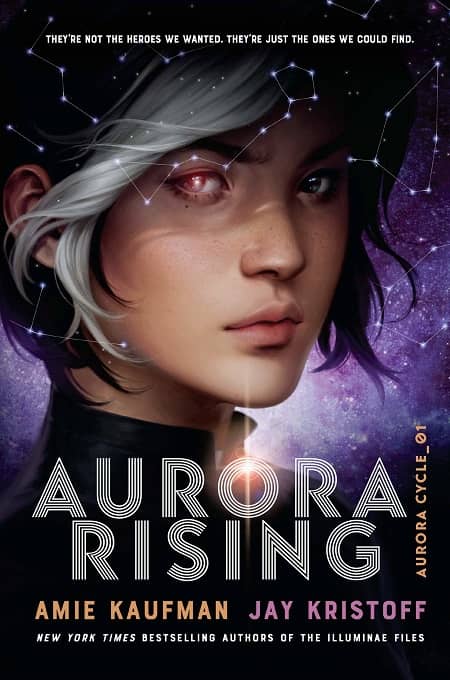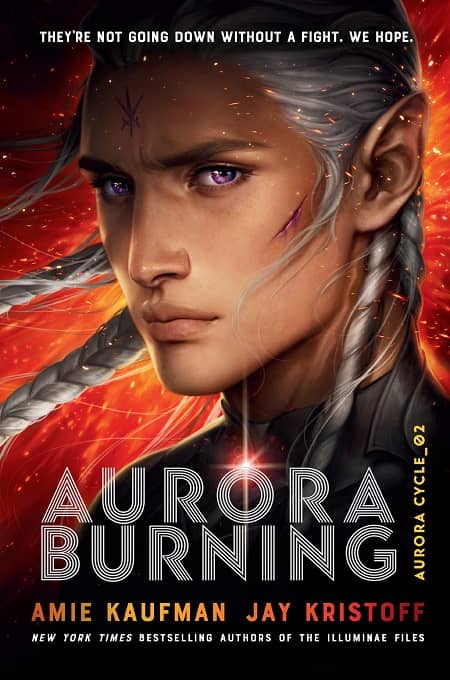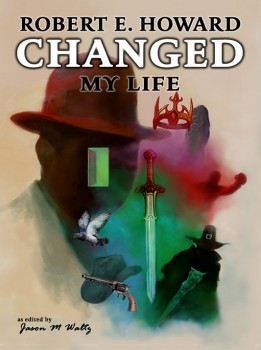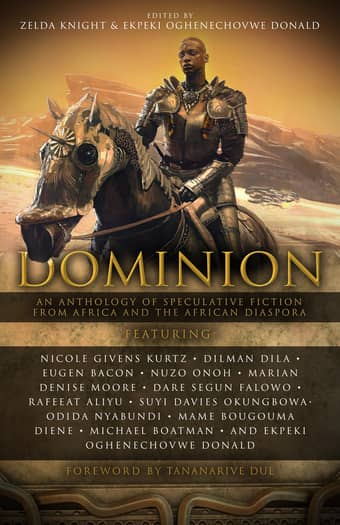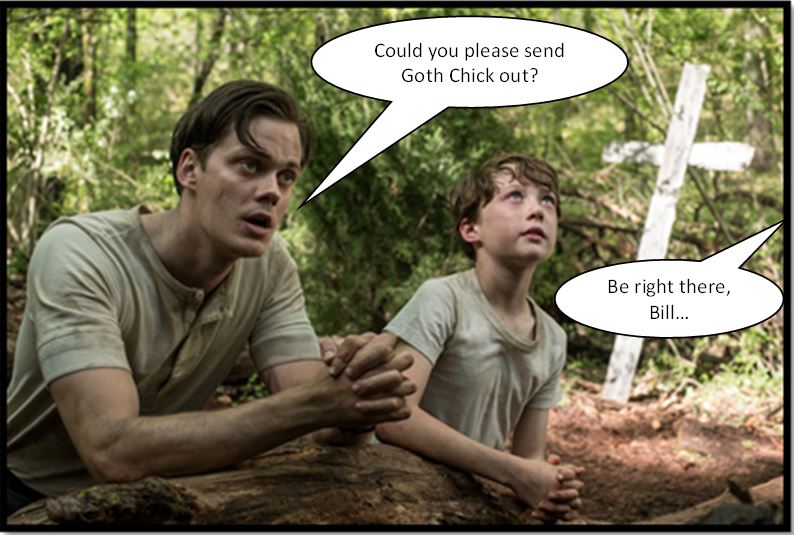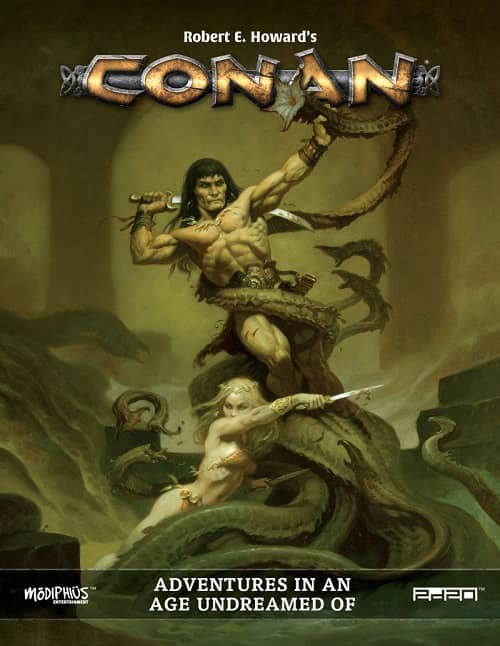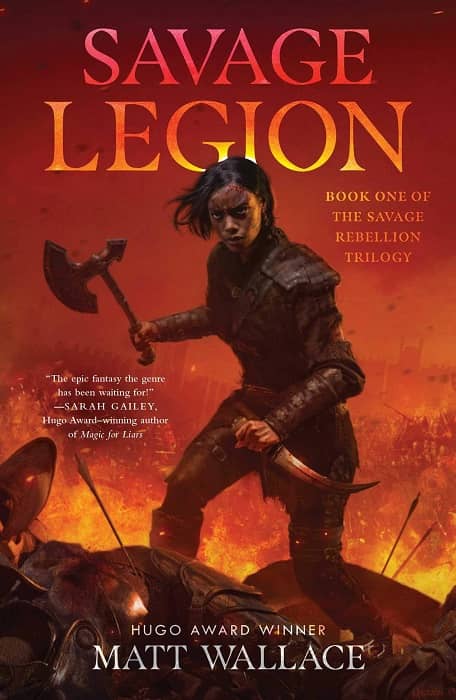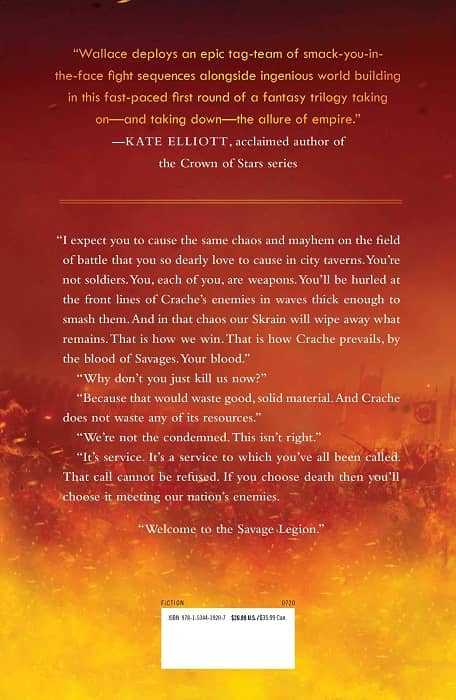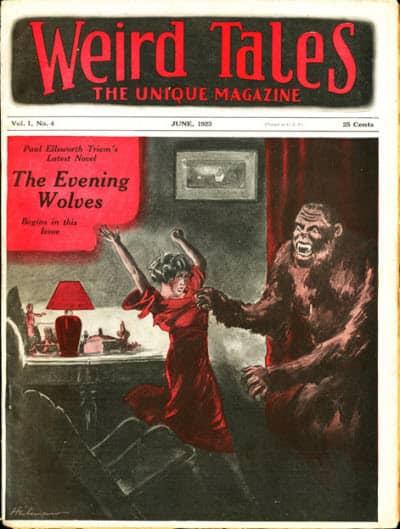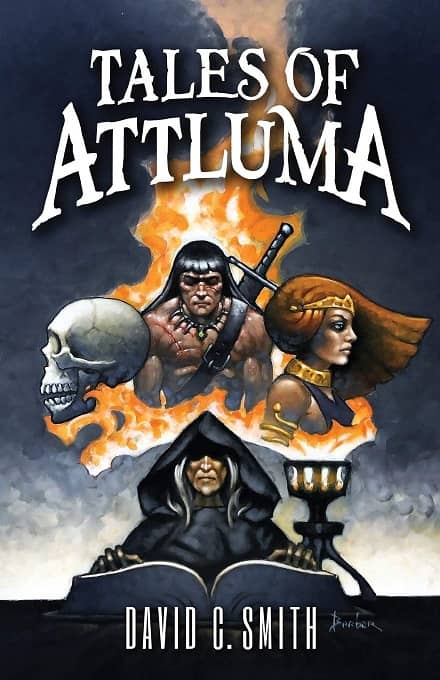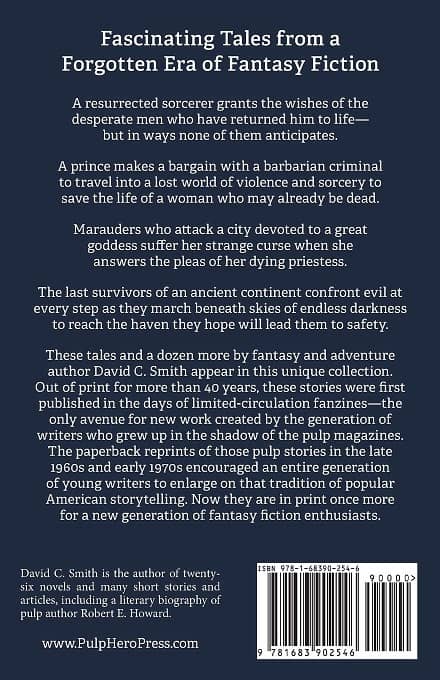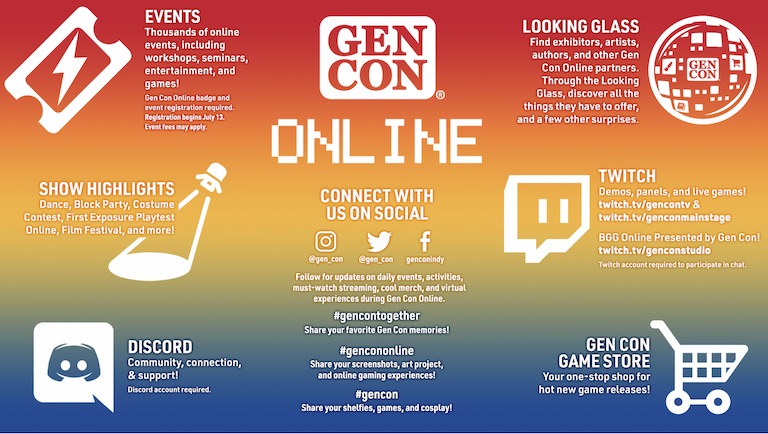We Are All Genetic Brothers: The Life and Fiction of Clifford D. Simak
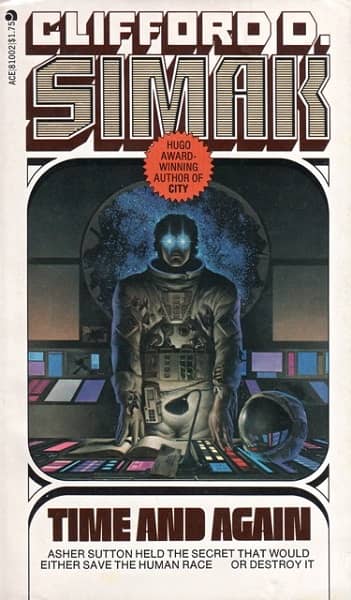 |
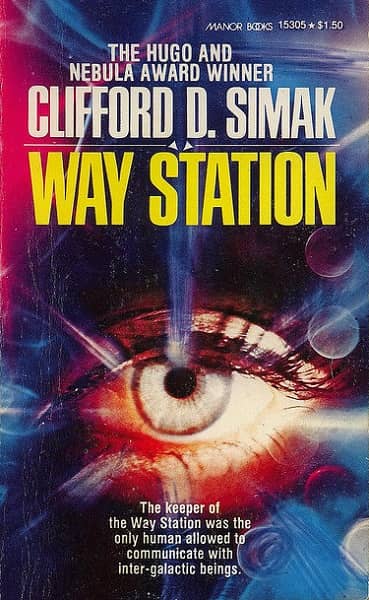 |
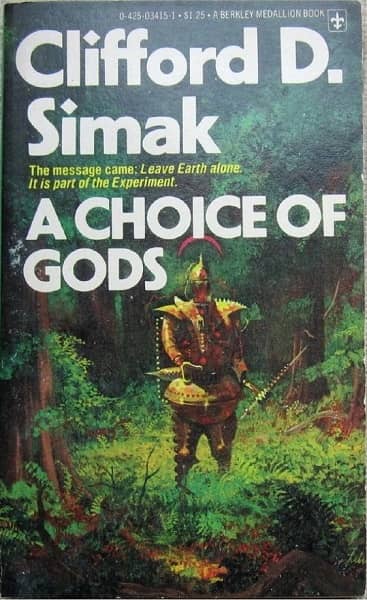 |
Time and Again (Ace, 1976), Way Station (Manor Books, 1975), and A Choice of Gods (Berkley Medallion, 1977).
Covers by Michael Whelan, unknown, and the great Paul Lehr
116 years ago this week, one of the finest science fiction authors or the 20th century was born. He died 32 years ago, in 1988. And currently he is almost forgotten, which is a great shame and also a great pity, since his humanism, his respect for all living creatures and his tolerance for the alien, the divergent, the different viewpoints, backgrounds and expectations are qualities no less needed now than when he was alive.
I’m talking about Clifford D. Simak, author of seminal works of sf like Time and Again (1951), City (1952), Time Is the Simplest Thing (1961), Way Station (1963), All Flesh Is Grass (1965), A Choice of Gods (1972), as well as of dozens of unforgettable short stories. The author who said, in an interview,
When I talk of the purpose of life, I am thinking not only of human life, but of all life on Earth and of the life which must exist upon other planets throughout the universe. It is only of life on Earth, however, that one can speak with any certainty. It seems to me that all life on Earth, the sum total of life upon the Earth, has purpose. If the means were available, we could trace our ancestry – yours and mine – back to the first blob of life-like material that came into being on the planet. The same thing could be done for the spider that spun his web in the grass, and of the grass in which the web was spun, the bird sitting in the tree and the tree in which he sits, the toad waiting for the fly beneath the bush, and for the fly and bush. We are all genetic brothers. The chain of life, tracing back to that primordial day of life’s beginning, is unbroken…
Clifford Simak was a newspaper man and an author. He wrote of love for all living things, of respect for life and of acceptance both of the supreme importance of life and of the inevitable differences between living things. Reading him as a child, I learned from him the importance of tolerance and inclusiveness. His was one of the important voices in science fiction. He still should be.
